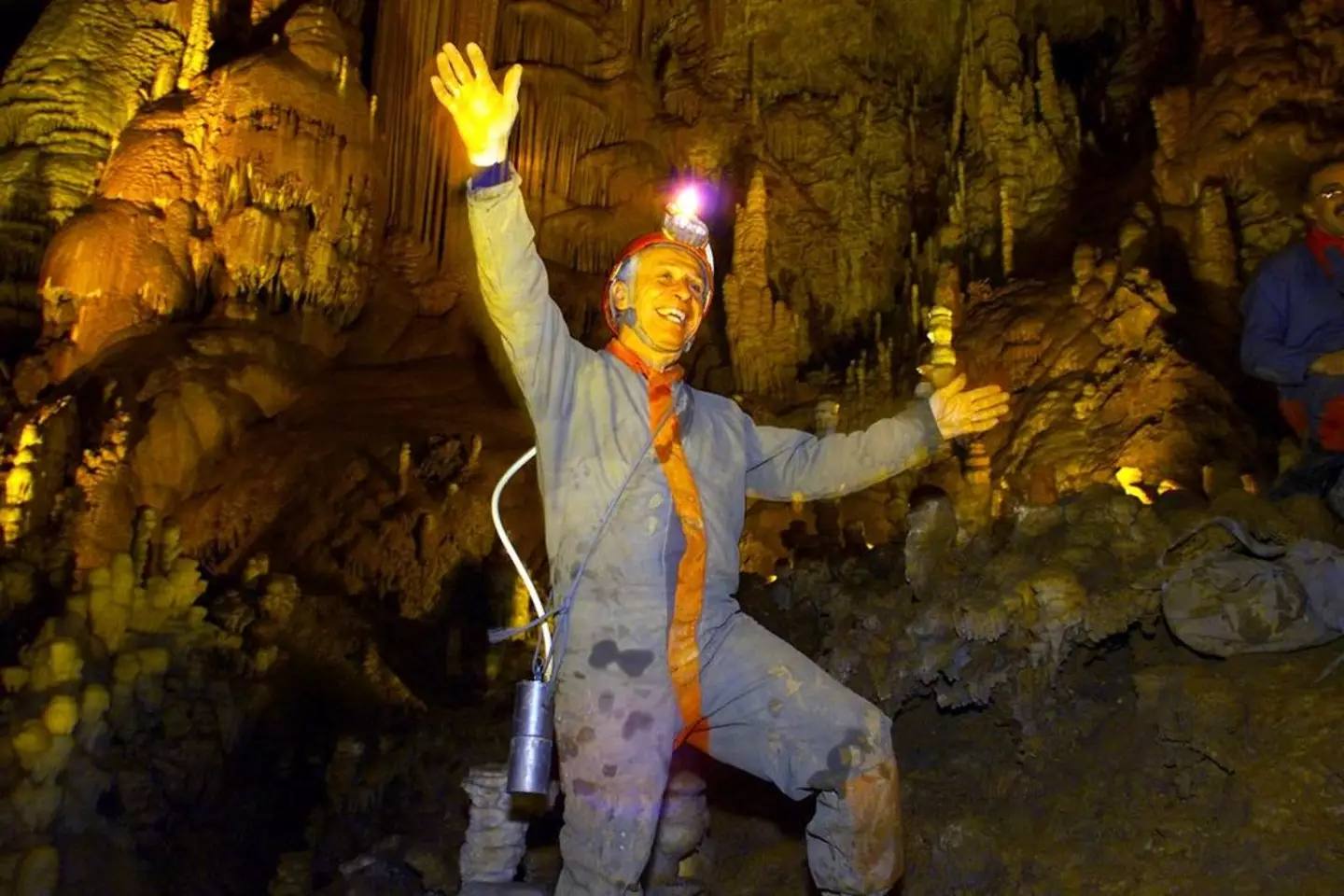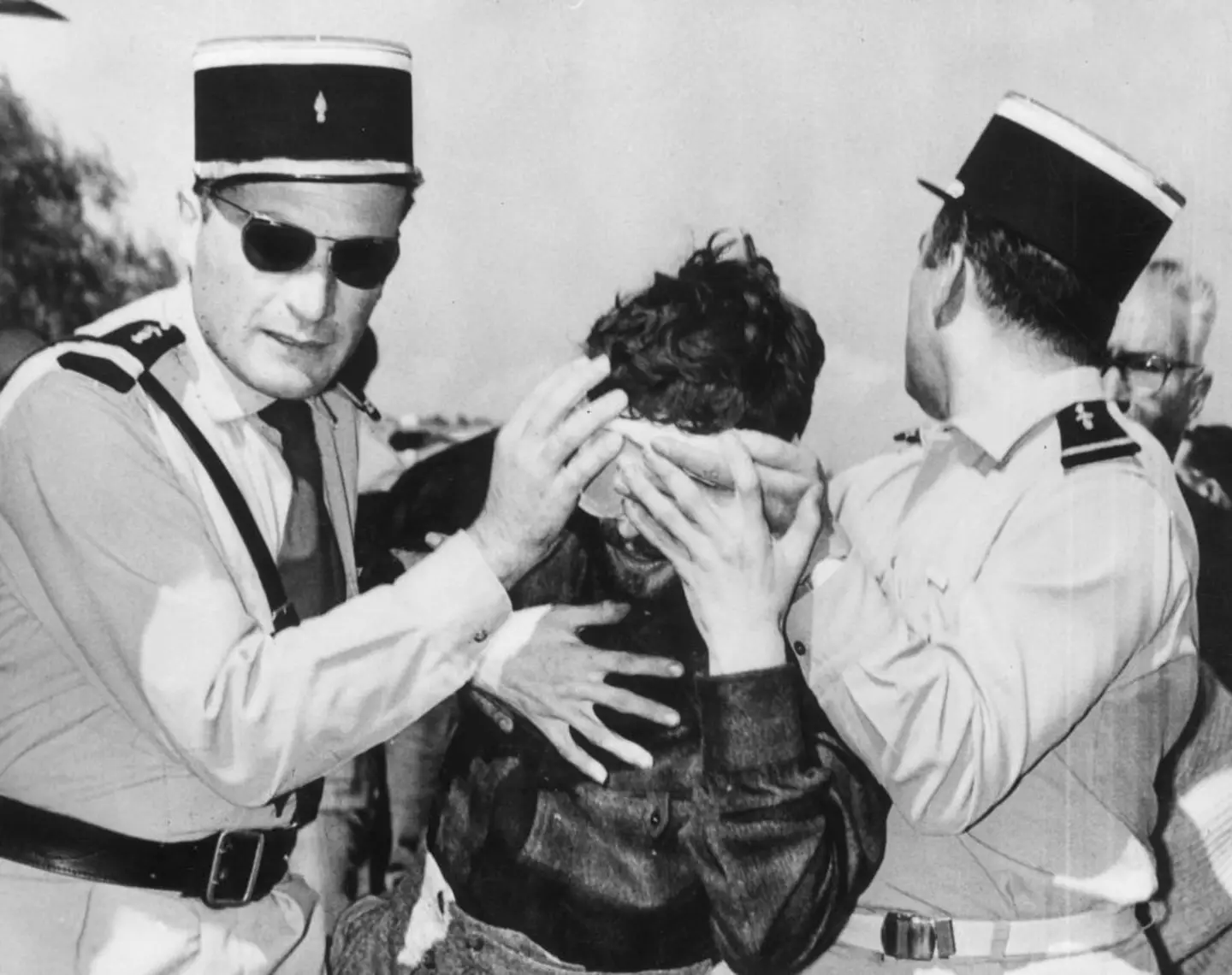A man experienced some unbelievable side effects after spending two months secluded underground in a cave with no sense of time.
Picturing life without the ability to tell the time or even see when the sun rises and sets sounds like a pretty grim idea for most of us, however, for scientist and explorer Michel Siffre depriving himself of all external stimuli sounded like the perfect endurance test to put himself through.
 Scientist Michel Siffre has willingly spent extended periods of time underground (PHILIPPE DESMAZES/AFP via Getty Images)
Scientist Michel Siffre has willingly spent extended periods of time underground (PHILIPPE DESMAZES/AFP via Getty Images)
Born in 1939 in France, Michel Siffre is a scientist and cave explorer who was inspired to research how the human body experiences time in the 1960’s.
What was Michel Siffre’s cave experiment?
Emboldened by the space race, a 23-year-old Siffre descended underground into a cavern in Scarasson, part of a mountain in the Ligurian Alps, in 1962, and cut himself off from society for a grand total of two months.
Talk about an introvert’s dream.
Armed with only a torch and the essentials needed to create a camp, Siffre set up his new home next to a glacier and set about learning how the absence of any external stimuli would change how he perceived the passage of time.
Completely cut off from the rest of the world, Siffre allowed himself to be led by his body’s urges to sleep and eat for the following 63 days – and the results were pretty interesting.
I put a team at the entrance of the cave. I decided I would call them when I woke up, when I ate, and just before I went to sleep. My team didn’t have the right to call me, so that I wouldn’t have any idea what time it was on the outside,” he said in an interview with Cabinet Magazine in 2008.
“Without knowing it, I had created the field of human chronobiology.”
What side effects did he experience in the cave?
Free from societal expectations of when he needed to be awake, sleeping or eating, Siffre was able to gain a deeper understanding of the human body’s biological rhythms and realised that everyone has their own internal body clock, which is also known as a circadian rhythm.
Perhaps the most enlightening result of Siffre’s experiment was that the scientist began to experience time at a speed which was twice as slow as people above ground.
“My psychological time had compressed by a factor of two,” Siffre said.

Michel Siffre emerging from the cave after 63 days underground. (Photo by Keystone/Getty Images)
Now you’d think spending two months alone underground would be enough to last Siffre a lifetime, however, the scientist would later repeat his experiment by spending six months in a Texas cave in 1972.
He also organised several more isolation tests for other curious – or brave – souls, and the results were unanimous.
Both Siffre and others who completed the experiment reported their bodies switching from a 24 to 48 hour clock, with the research going on to be utilised by NASA in their understanding of what astronauts experienced in space.
